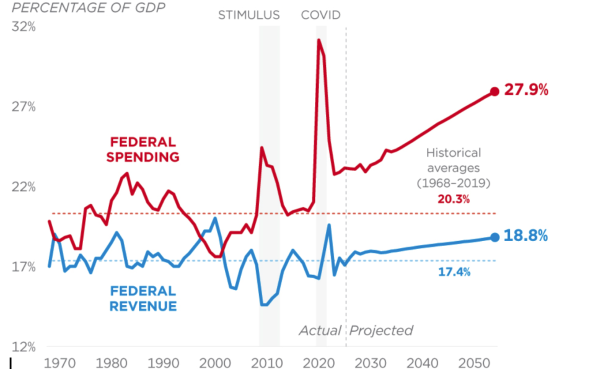New dress code policy represents maturity
When students began the 2014-2015 school year, they came back to find that a change had been made in Westminster’s dress code. A new shaving policy had been put into order and was printed in the Student Handbook for this year stating that “Boys are expected to be clean-shaven and with sideburns that extend no further than the earlobe, with two exceptions: a goatee and mustache are permissible if they are neat, clean, and short-trimmed. Short-trimmed beards are not allowed.”
Mr. Souza made an effort over the course of the 2013-2014 schools year and this past summer as well to create a change in the shaving requirement for upper school boys.
“My goal from day one has always been to have all the young men on campus take an increased pride and ownership in their overall appearance,” said Tony Souza, Dean of Boys. He enforces the dress code requirement and ensures that students are abiding by the rules.
Senior Ayodeji Bandele has been attributed by many of his peers to be one of the main reasons the dress code change was enacted. For the past four years Bandele has always remained a strong advocate for boys to be allowed to grow facial hair.
“I spent a lot of my freshman and sophomore year getting in trouble and being called out for my facial hair while I had Mr. Souza as a teacher,” he said.
However during his junior year, Bandele made the decision to stand up for what he believed were right and respectful shaving requirements.
“I realized that my belief was that no one had the power to dictate what I can and cannot do with my shaving since it is a natural bodily function,” he said. Bandele then proceeded to write a letter to Souza expressing his feelings toward the policy and what exactly students should be allowed to control for themselves.
“I then met with Mr. Souza and together we discussed what we each believed the rule changes could be in order to reach an appropriate compromise,” he said.
Bandele also gained support from other students as he explained to them his new goal for upper school boys: the freedom to grow out their hair—somewhat.
“I got a lot of support from both teachers and students,” he said. He went around and explained to people his opinion on the policy and how it might be changed so that it could benefit everyone.
“One student would never change anything,” said Souza, “but Ayodeji did have a very compelling case.”
After meeting with Bandele, Souza further pursued this change as he did research on what other private schools similar to Westminster’s policies were. Souza’s research and Bandele’s letter allowed Souza to meet with the administrative team involved with the handbook rules.
“Once I had really made my case I could sense a change coming,” Bandele said. When he returned to school this fall, many students congratulated on him on his recent “victory” because so many students gave him credit for the policy change.
“Ayo most certainly follows the rules to the letter and is the perfect example of the policy,” said Souza.
Bandele illustrated the new change of the policy while sporting his goatee.
“I just like the way my goatee looks on my face as I keep it level. At this point I, think the change will make things a bit easier for everyone,” he said.
Others reacted positively towards the recent change as well.
“It’s pretty nice and my girlfriend loves it,” said senior Charlie Cawley. Many boys now find themselves spending more time focusing on their physical appearance than before because the dress code change allows boys to take responsibility and put effort into how they look.
“It’s been a real culture shock,” said Tiffany Boozer, Dean of Girls. “Mr. Souza put a lot of work and thought into this change which very few people actually realize.” She too observed the difference the policy change has made with regards to both the appearance and effort of upper school boys.
“The dress code change truly represents a sign of maturity for all of us, and I cannot believe we finally made it,” said Bandele.




